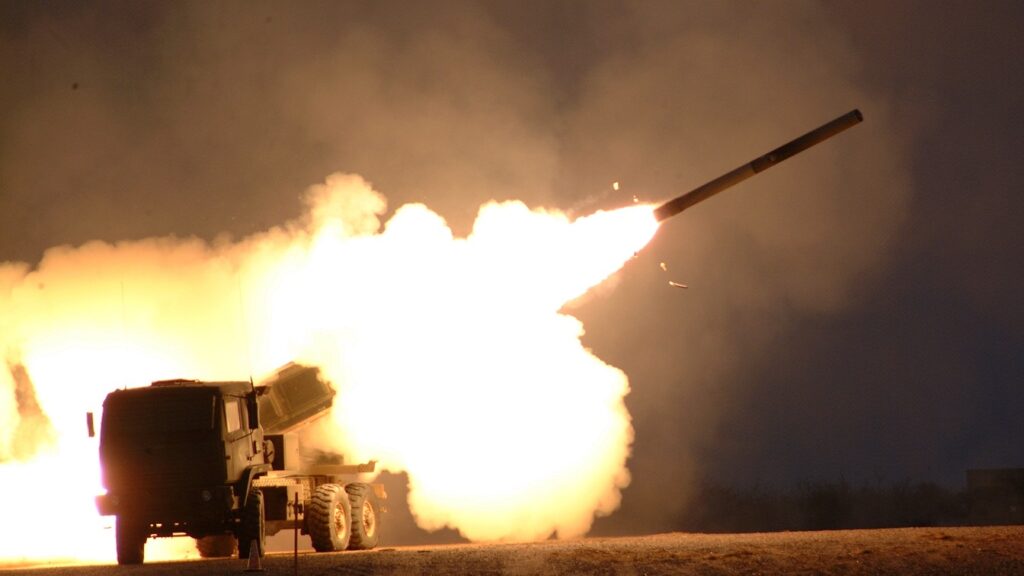
Nov. 6 may go down in history as one of the most important dates in the Russo-Ukrainian War. On that day, the 155th Marine Brigade of the Russian armed forces penned a letter to the governor of Primorsky region in the Far East in which they openly and unabashedly blamed their commanders for the loss of 300 men and half their tanks and mechanized vehicles in just four days of fighting against the Ukrainians.
Besides accusing their commanders of falsifying casualty data, they also claim that the commanders are incompetent, concerned only with self-promotion, and utterly indifferent to the lives of their men, whom “they call fodder.” Unfortunately, although “there are good commanders, they are a minority that’s been consumed by the system” that favors “these pedophiles,” the letter states. The 155th Brigade concluded its appeal by asking the governor to “turn to the Supreme One” – presumably a reference to Vladimir Putin – to form an independent commission to investigate matters.
The letter is important for several reasons.
First, the marines were not afraid to make these accusations publicly. That may be because they are fearless fighters who want nothing but justice or desperate soldiers on the margins of survival – or both. Either way, Russian soldiers are obviously getting restless. They know, far better than the ethically challenged Russian population and the morally evil Russian elites, just what conditions are like on the front. The soldiers know they are losing, and they know they are losing because the army is poorly led, poorly equipped, and poorly fed. And I’ll bet the marines also suspect that the “Supreme One” has something to do with the catastrophe that is killing them.
Second, if the 155th Brigade is experiencing such doubts and fears, we may be certain that they are not alone. Many other brigades, facing the same kind of incompetence and experiencing the same kind of losses, surely believe that something is grossly amiss in the army and its leadership. All Russian soldiers along the entire front are probably desperate and suffer from low morale and despondency. While writing an appeal to one governor in the distant East does not amount to a rebellion, it does, if multiplied by scores of not-yet-written letters, presage a rebellious mood that will do nothing to hasten a Russian military victory. It will take very little – a trigger, a spark, some chance event – to spur Russian soldiers to mass insubordination. Before long, the Supreme One will become the focus of the soldiers’ ire.
Third, 300 casualties in just four days are a lot. Fifty percent of tanks and other mechanized vehicles is also a stunningly large figure. Not only do these numbers testify to the incompetence of the Russian army but they also suggest, perhaps even prove, that Ukrainian estimates of Russian fatalities are accurate. As of Nov. 9, the Ukrainians claim to have killed 77,950 Russians. In the past two to three weeks, Kyiv estimated that approximately 500 to 800 Russian soldiers lost their lives daily. The numbers strike some analysts as too high, but the marines’ letter lends them a high degree of plausibility. If only one brigade lost that many soldiers, how many soldiers died if that brigade’s experience wasn’t unique?
In a word, Russia is losing badly, and thousands of young Russians are being sacrificed to the maniacal dreams of an unhinged elite and deranged Supreme One.
Just how delusional Russian elites have become is evident in a Nov. 4 Telegram statement by former president and prime minister Dmitry Medvedev, Putin’s sidekick and attack dog. Here’s an especially juicy part that, I emphasize, reflects the rhetoric of the entire Russian elite:
“A part of a dying world is against us today. It’s a handful of mad Nazi drug addicts, people who’ve been drugged and intimidated by them, and a large pack of howling dogs from the Western kennel. With them is a motley pack of grunting swine and the narrow-minded people from the fallen Western empire who have saliva running down their chin as a result of degeneration. They have no faith and ideals, except for the harmful habits they invent and the standards of doublethink they impose, denying the morality granted to normal people. Therefore, by rising up against them, we have acquired sacred power.”
Small wonder that the Russian army is in deep trouble. With political and military leaders incapable of living in the real world, victory is impossible and defeat is inevitable. Nov. 6 may come to be known as the date the Russian army realized that.
Alexander J. Motyl is a professor of political science at Rutgers University-Newark. A specialist on Ukraine, Russia and the USSR, and on nationalism, revolutions, empires and theory, he is the author of 10 books of nonfiction, as well as “Imperial Ends: The Decay, Collapse, and Revival of Empires” and “Why Empires Reemerge: Imperial Collapse and Imperial Revival in Comparative Perspective.”
BY ALEXANDER J. MOTYL






